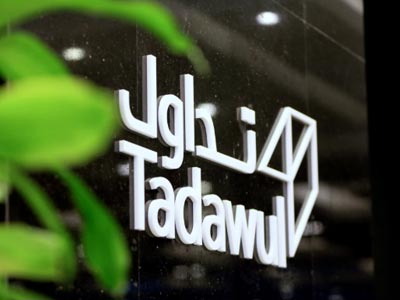In the third year of the war, Europe suddenly wakes up: Russia's "treasury" is hidden beneath its own buildings.
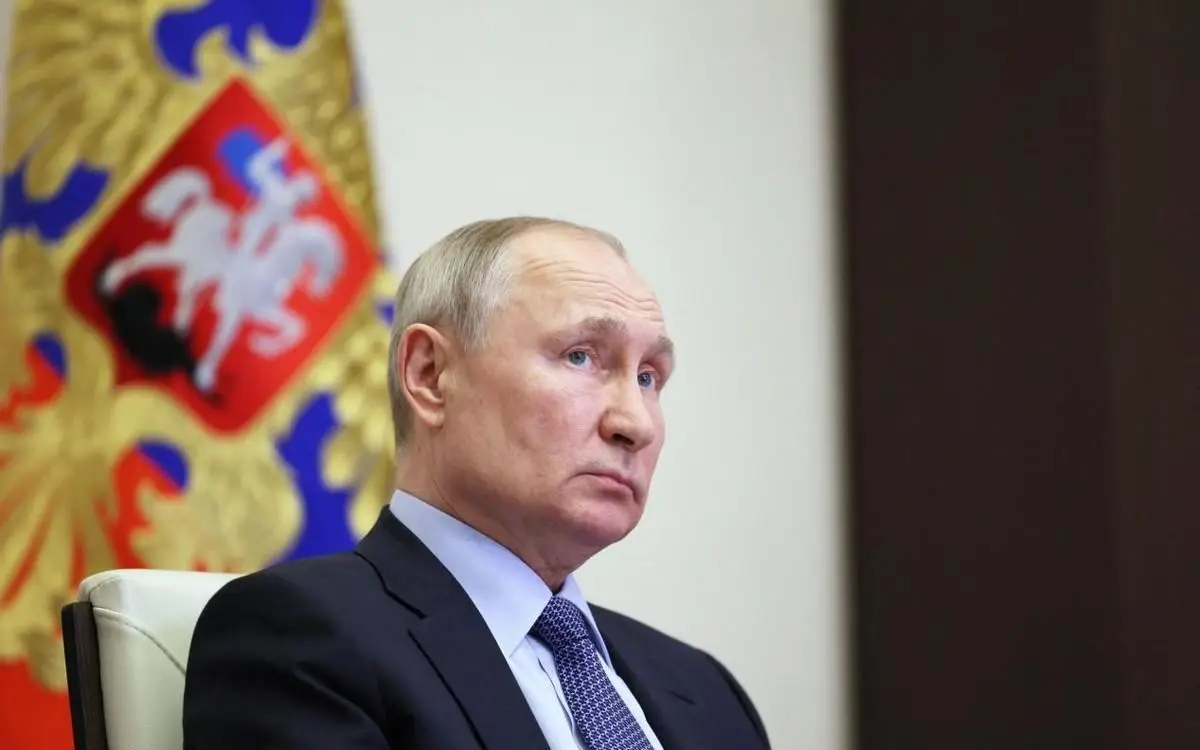
As the war raged into its third year, European countries belatedly realized that Russia's "money bag" was hidden in the shadows of its own buildings. That massive €210 billion asset lay dormant deep within a nondescript Belgian building, like a treasure chest forgotten by time. This wasn't some hidden private treasure trove, but rather the Russian Central Bank's overseas reserves, which had been put on hold. Now, the EU has set its sights on these funds, intending to use them to provide Kyiv with a "lifeline" for another five years of resistance. This sounds like a carefully orchestrated farce, but the situation has already entered its second act: using frozen assets as collateral, issuing bonds on the international market to inject funds into Ukraine's military buildup and livelihoods.
Act One: Profiting without capital, profiting from "interest"
The initial operations were relatively "mild." Once Russia's assets were frozen, its internal holdings of bonds, stocks, and other assets continued to generate income, with annual interest income reaching billions of euros. The EU, without hesitation, took the initiative, intercepting this "live cash" and allocating it to Ukraine for infrastructure reconstruction and livelihood support. Faced with this situation, Moscow could only watch helplessly, after all, its accounts were locked down at every level, even password access denied.
Act Two: Cutting off the source of funds, creating "reconstruction bonds"
The second step is even more drastic and far-reaching. The EU plans to use the entire 210 billion euros of frozen assets as the ultimate guarantee, preparing to issue "reconstruction bonds" totaling 140 billion euros. The buyers of these bonds are not ordinary European taxpayers, but major financial players in the global capital market. Funds were initially injected into Kyiv to purchase drones, repair critical power plants, and pay government employees—all bills clearly attributed to Russia. Any future unfreezing of the funds will be predicated on paying off this massive "war debt." To put it succinctly: this is a war with the enemy's wallet, but with the enemy signing the IOU himself.
Legal and political maneuvers in a financial maze
The efficiency of this process is so remarkable that it feels like watching a fast-forwarded financial thriller. Euroclear, the massive institution responsible for routine global bond settlements, has added a new service: facilitating Ukrainian borrowing, using Russian assets as "ballast" for transactions. Ursula von der Leyen's official terminology is "temporary use," but in plain English, the underlying message is: "Borrow money for emergency relief. If the principal isn't repaid, there's no hope of getting the collateral back."
Belgium was the first to express strong opposition. Their stance bluntly exposes the risks: "The money is physically in my basement. What gives you the right to mortgage it at will? If Russia ultimately appeals to the International Court of Justice and wins, it will be our country that will be held liable for compensation." Luxembourg has also expressed concern. Small countries are particularly sensitive to such precedent-setting actions. Will today's freeze of Russian capital morph into a financial barrier against other countries tomorrow?
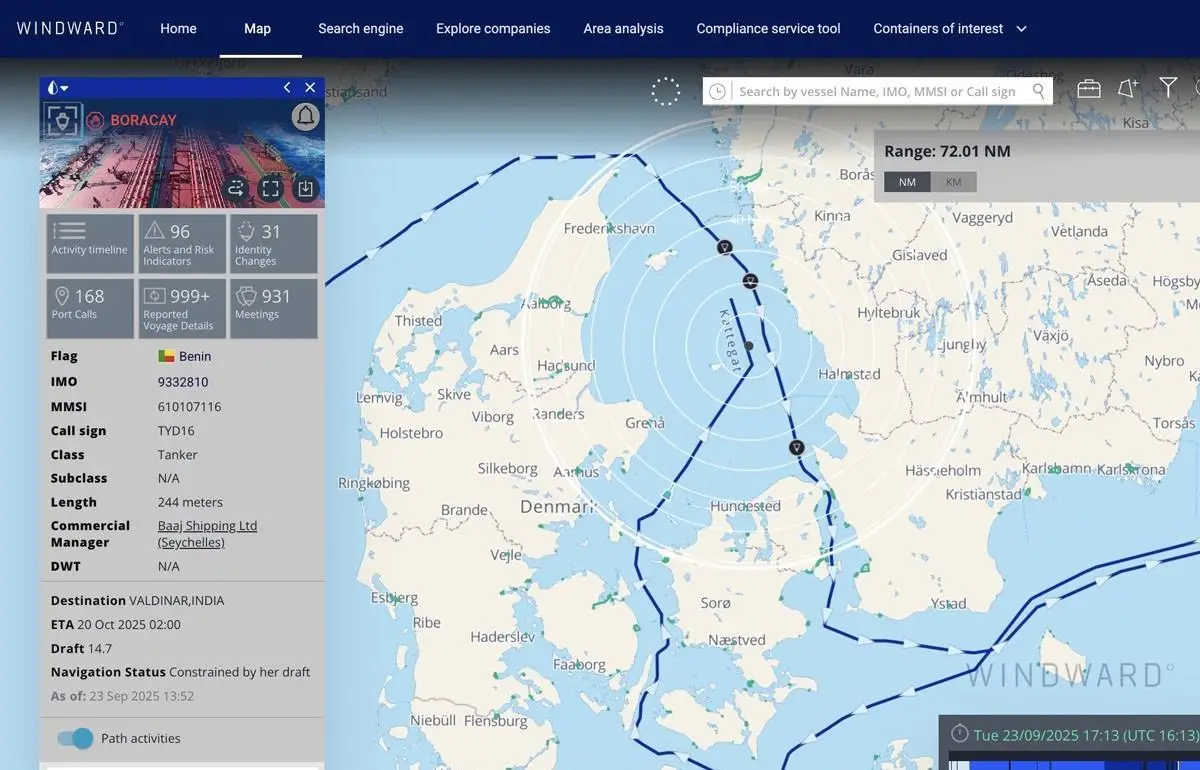
The legal community has been in turmoil. Senior lawyers are calculating the pros and cons: Should this operation be defined as a "guarantee" or "de facto confiscation"? If Russia wins the case, Europe could face astronomical liquidated damages. However, politicians have responded sternly, slamming the table: Russia was the first to ignite the war, and international law must also uphold the principle of cause and effect. The funds of an aggressor cannot be used as a "talisman" to evade responsibility.
The G7 is tightening the noose.
The G7 didn't stand idly by. Instead, it seized the opportunity to intensify sanctions, targeting three core revenue streams for Russia: its "shadow fleet" of oil, key financial payment channels, and the military-industrial component supply chain. The French Navy has already taken concrete action, seizing a Russian tanker disguised as a tanker in the port of Toulon. The 750,000 barrels of crude oil on board have been "evaporated" on the spot, effectively disconnecting the power cords of Putin's "underground bank."
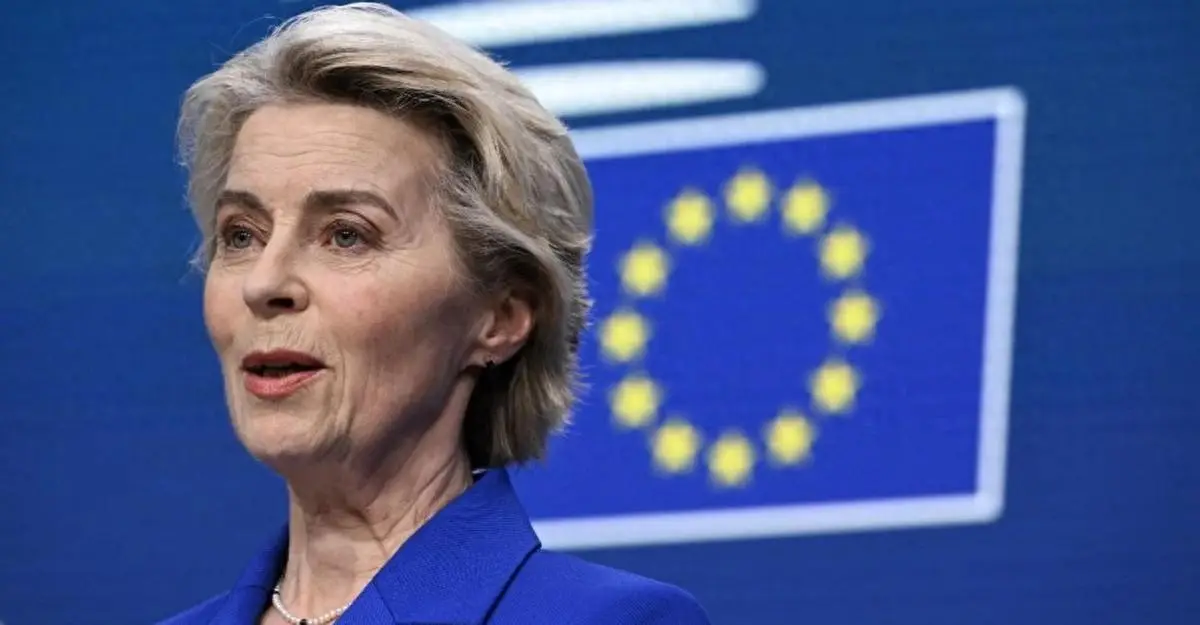
The most ingenious aspect lies in this "closed-loop" design: the sanctions effectively cut off Russia's external revenue, while the frozen assets continue to flow into Ukraine's ATMs. Europe doesn't need to divert its own finances to support Ukraine, and Kyiv can rely on this money to sustain itself for another five years. One diplomat chuckled privately, "In the past, we poured resources into Ukraine, but now Russia is bleeding itself."
The heavy price of financial trust
However, the shadow of risk looms. If Russia refuses to pay this $140 billion "debt," European countries will likely be required to cover the resulting bad debt. A more profound concern is that other countries holding foreign exchange reserves in the European financial system will inevitably be shaken by this maneuver: Are my assets truly safe? Once trust in the financial system is broken, it is far more difficult to repair than one might imagine.
But Europe seems to have lost its composure. They firmly believe that since Russia has launched artillery fire on Ukraine, its own wealth must pay for the conflict. Five years from now, there are only two possible outcomes: either Russia will be forced to pay compensation and acknowledge the fait accompli, or its assets will continue to be frozen, becoming an "ice sculpture" in the international financial system. Ukraine, on the other hand, has secured a long-term, stable "meal ticket," allowing it to hold its ground in any future negotiations.
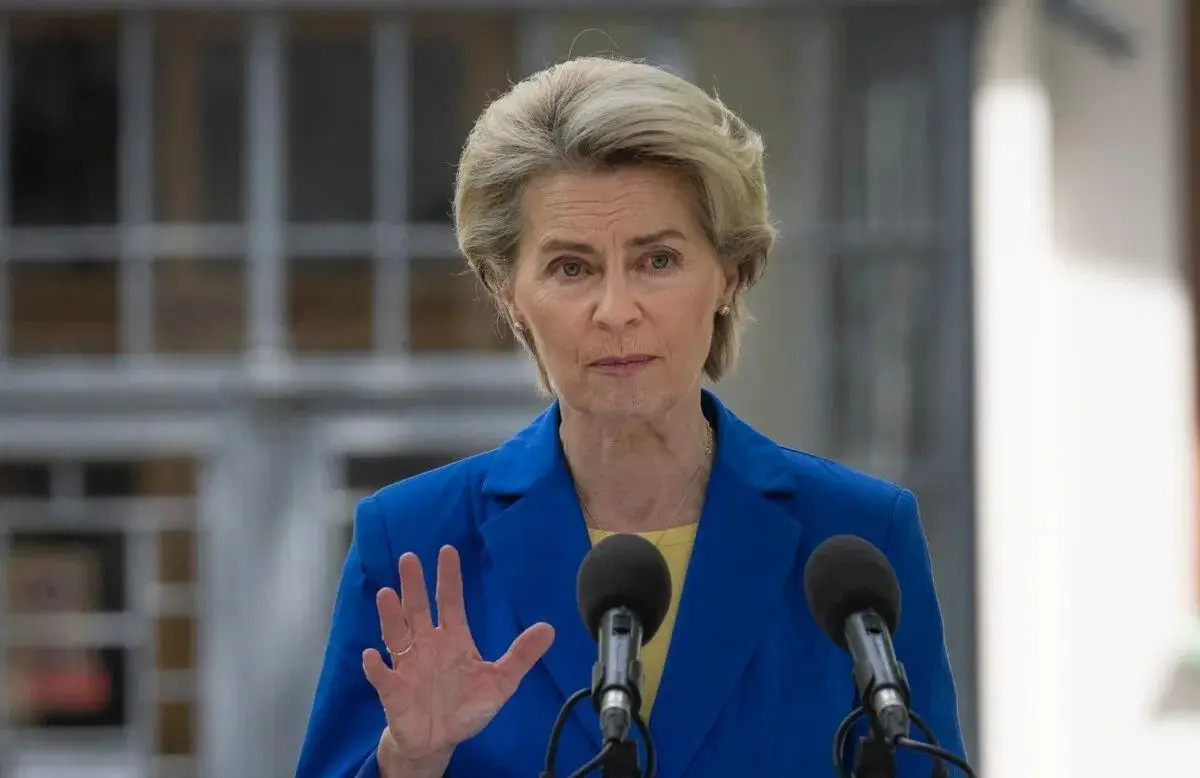
The final question: How will the market react?
Now, the hot ball is kicked to the global capital market: Who will take on these $140 billion bonds? And how should the interest rate be set? If Russia truly "plays dirty" and refuses to honor its obligations, will those who took over the debt risk losing everything? The EU seems to be turning a blind eye to this sword hanging over its head, believing that the backing of 210 billion in real money is more convincing than empty promises.
Ultimately, this is a financial proxy war. Artillery roars on the front lines, while accounts tumble in the rear. If Russia wants to win, it must first find a way to recover its frozen funds; and if Europe wants to win this game, it must ensure that the money never returns. As for Ukraine, it can sit back and reap the benefits, collecting "rent" while the war is fought.
Five years from now, if Russia is truly forced to pay compensation, this financial offensive will surely become a textbook example. On the other hand, if Russia completely overturns the table, Europe may be left scrambling to deal with its own crisis public relations. The most interesting question now is: Do you think Putin will choose to pay the money to redeem himself first, or will he choose to blow up the Belgian building where the "treasury" is stored first?



